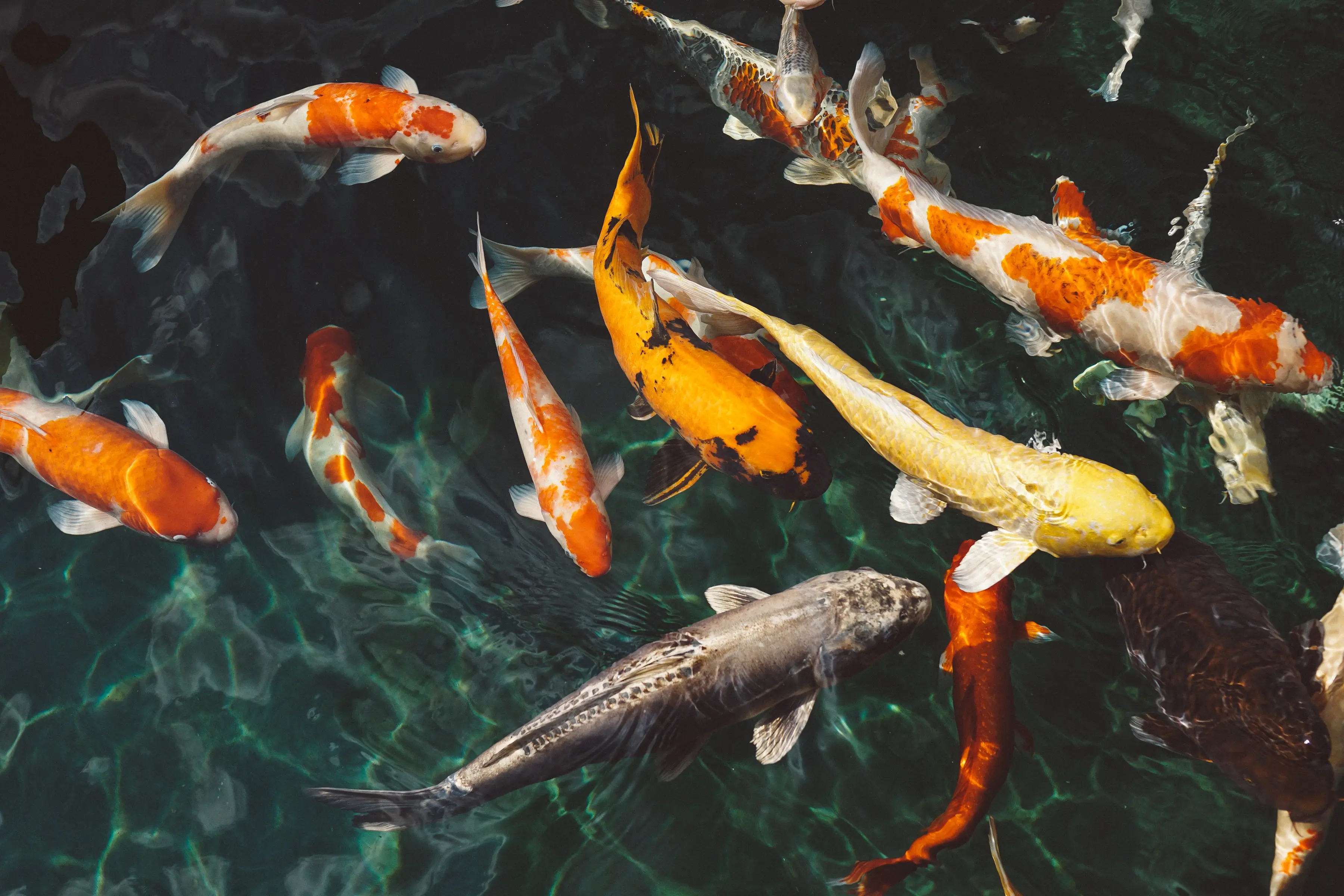When I was applying to college, I was repeatedly asked the questions: Would you rather be mediocre in greatness or excel in mediocracy? Would you rather be a small fish in a big pond or a big fish in a small pond? I was told that my answer would determine where I will thrive.
I decided that I wanted to be a small fish in a big pond. I wanted to use the big pond as motivation and inspiration to accomplish more and become a better person. The big pond will surround me with people to look up to while showing me that I am far from being the smartest person in the room. This will help me to stay humble.
There’s a quote by John L. Hennessy that resonates with why I value humility. It reads, “Humility shows us where our weaknesses lie so we can compensate for them. Arrogance sees only our strengths, ignores our weakness and overlooks the strengths of others, therefore leaving us vulnerable to catastrophic mistakes.”
Moreover, I knew that the big pond would challenge me. Knowing that the most defining moments of my life come from the difficulties I’ve faced, I felt invigorated. I was ready to persevere and work hard.
The only problem is: At Stanford, the pond is really big. A lot bigger than I anticipated.
I’m now in the middle of fall quarter, and I’ve realized that being the small fish is daunting. I’ve been thinking that maybe I picked the wrong answer; maybe I’m not strong enough to handle the big pond. I don’t enjoy feeling left behind in chemistry class, and my neck hurts from looking up at the strengths of those around me.
Recently I’ve realized that there’s no point in pondering this old-age question about big and small fishes and ponds.
At one InterVarsity meeting, a pastor from AME Zion Church reminded everyone of how we are all made uniquely, so there is no point in comparing ourselves to others. He told us that we are all designed for something amazing.
I felt my incertitudes being drowned out as I realized that sometimes I will be ahead, and sometimes I will be behind, but in the end, the race is with myself. As eager learners with great ambitions, we too easily look to what other people are doing, saying or thinking. Unfortunately, the line between learning from others and comparing ourselves to others is too easily blurred. Instead of focusing on how we can become better versions of ourselves, we end up thinking that we aren’t as good as someone else.
Every time I feel like a small fish in a big pond, I would go to the bathroom mirror to look myself in the eye and say, I will not compare my weaknesses to the strengths of others. I am made uniquely.
Contact Helena Zhang at helenaz ‘at’ stanford.edu.
